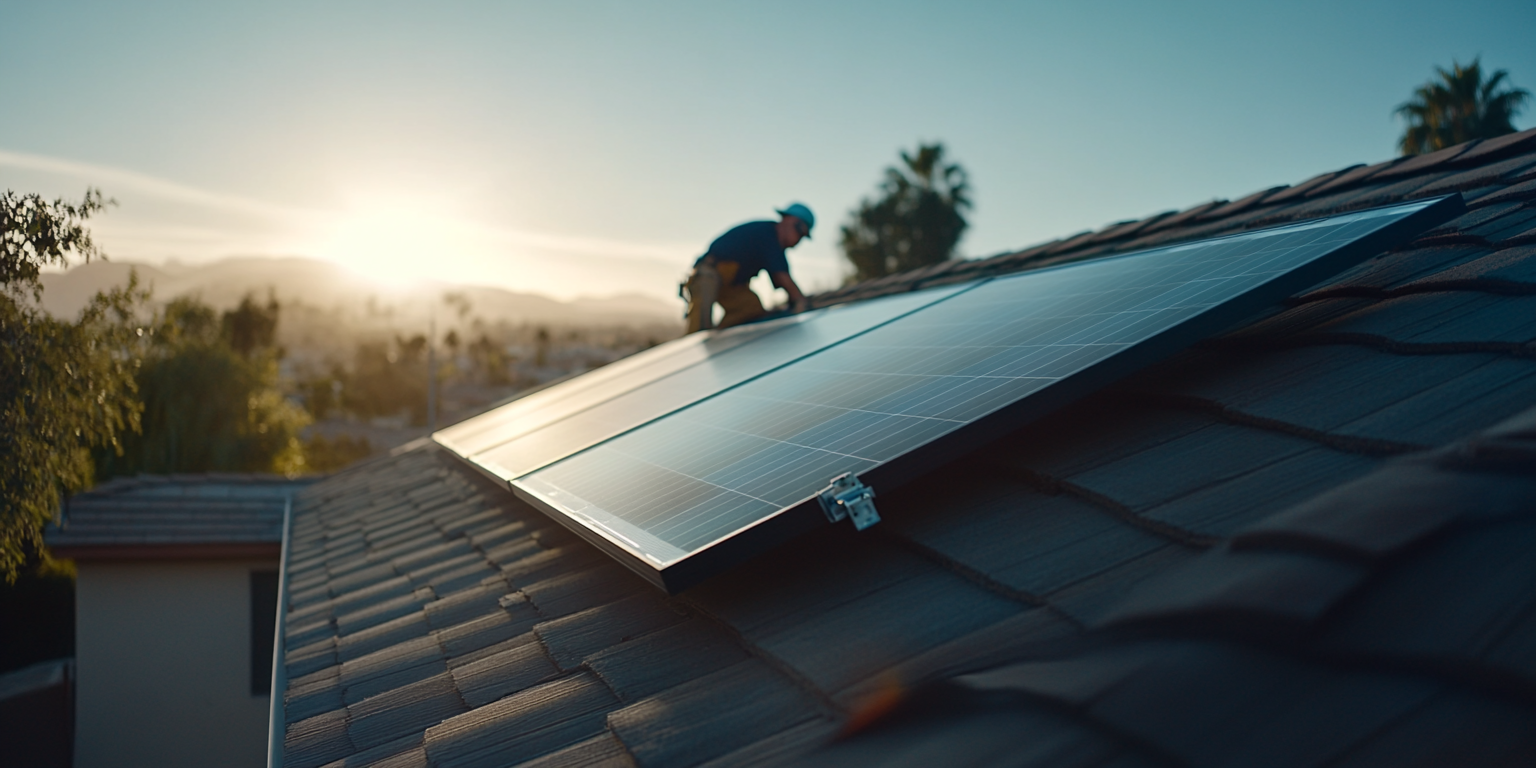Solar Energy Myths vs. Facts: Debunking Common Misconceptions
Solar energy has rapidly gained popularity as a clean and sustainable alternative to traditional fossil fuels. However, despite its widespread adoption and proven benefits, there are still several myths and misconceptions surrounding solar power. In this blog post, we’ll debunk some of the most common myths and present the facts that everyone should know about solar energy.
Myth: Solar Panels Don’t Work in Cloudy or Cold Climates
Fact: Solar panels do not require direct sunlight to generate electricity. While they are most efficient in direct sunlight, they can still produce power on cloudy days. In fact, some of the world’s leading solar energy producers, like Germany and the UK, have climates that are not always sunny. Solar panels can still generate electricity from diffuse light and UV rays even when the sun is not shining brightly.
Myth: Solar Energy is Expensive and Not Cost-Effective
Fact: The cost of solar panels has decreased significantly over the past decade, making solar energy more affordable than ever before. In many regions, installing solar panels can lead to substantial long-term savings on electricity bills. Additionally, various government incentives, tax credits, and financing options further reduce the upfront cost of solar installations, making them a financially viable option for homeowners and businesses alike.
Myth: Solar Panels Require High Maintenance
Fact: Solar panels are generally low-maintenance. They have no moving parts and are designed to withstand harsh weather conditions. Most manufacturers offer warranties of 20-25 years, and the panels typically require minimal upkeep. Occasional cleaning to remove dust and debris can help maintain their efficiency, but beyond that, solar panels require little attention once installed.
Myth: Solar Energy is Only Suitable for Warm and Sunny Climates
Fact: Solar energy can be harnessed effectively in a wide range of climates, not just sunny ones. While solar panels perform best in regions with ample sunlight, advancements in technology have improved their efficiency in less sunny environments. For example, even countries like Canada and Norway have successfully integrated solar power into their energy mix.
Myth: Solar Energy is Not Reliable Because It Doesn’t Work at Night
Fact: It’s true that solar panels do not produce electricity at night when there is no sunlight. However, this issue is mitigated through energy storage solutions such as batteries. Energy storage allows solar power generated during the day to be stored and used later, providing reliable electricity supply around the clock. Moreover, many solar-powered homes remain connected to the grid, ensuring continuous access to electricity when solar production is insufficient.
Myth: Solar Panels Harm the Environment More Than They Help
Fact: Solar energy is a clean and renewable energy source that produces zero greenhouse gas emissions during operation. While there are environmental impacts associated with manufacturing and disposal, these are minimal compared to the environmental benefits of using solar energy over its lifetime. Studies consistently show that the environmental footprint of solar panels is significantly lower than that of fossil fuel-based energy sources.
Conclusion
Debunking these myths reveals that solar energy is a reliable, cost-effective, and environmentally friendly option for meeting our energy needs. As technology continues to advance and economies of scale improve, solar power will play an increasingly crucial role in the global transition to clean energy. Understanding the facts about solar energy is essential for making informed decisions about its adoption and supporting its continued growth as a sustainable energy solution.
By dispelling misconceptions and promoting accurate information, we can foster greater awareness and acceptance of solar energy as a key component of our sustainable energy future. Whether for residential, commercial, or utility-scale applications, solar power offers a viable path towards reducing carbon emissions and building a more resilient energy infrastructure.
Ready to embrace solar energy? Contact us today to learn more about how solar panels can benefit your home. Together, let’s harness the power of the sun for a brighter, cleaner future.

